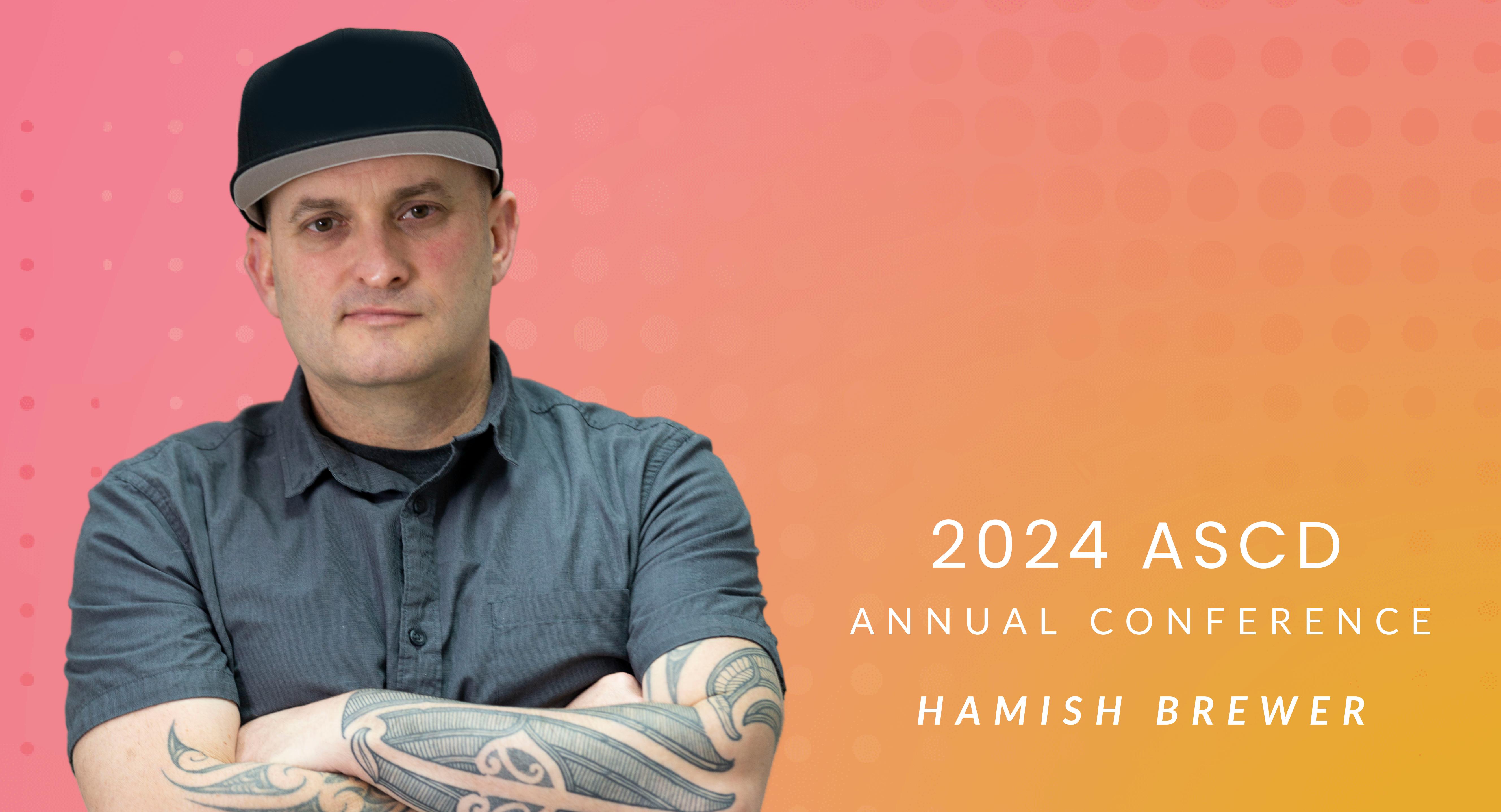As a history teacher, one of my primary goals is to complexify history for my students. I want young people to understand that our contemporary social fractures have a nuanced and complicated context, just like our family histories and relationships.
Every September, I ask my students what they think is the point of studying history. After some discussion, students invariably conclude that we learn history so we avoid repeating the mistakes of the past. I gently point out that the hypothesis does not hold up. We learn a lot about war, and war still occurs. We learn about how carbon emissions cause climate change, yet carbon emissions are increasing. We learn about dictators, yet dictatorships are on the rise. I often throw in a personal example as well: I do better in school when I get enough sleep, but I do not make a habit of going to bed earlier. We can hope that people learn lessons from the past, but that is not why we study history. Knowledge alone cannot change behavior and culture. Building understanding and relationships does. To do that, we must commit to curiosity about the opinions and beliefs of people with whom we disagree.
My father’s political orientation is worlds away from mine. He is a Regan Republican. I revere Dr. Angela Davis. When visiting an American Revolution battlefield, he praises Washington and the founders as iconic heroes. I teach my students to explore the dissonance between the founders’ ideals of equality and liberty alongside the fact that Washington and his peers enslaved hundreds of human beings. In the late 1990s, my father believed climate change was alarmist hype while I was canvassing for the Green Party. Despite all this, we have a loving relationship and enjoy spending time together. We do not discuss our political and religious views every time we talk, but we do not avoid the subjects or feel like there are things we cannot discuss.
Our contemporary social fractures have a nuanced and complicated context, just like our family histories and relationships.
What allows people whose worldviews are as divergent as my father’s and mine to maintain a mutually positive and loving relationship? To share space and experiences? Admittedly, my dad and I have not always been this close, but we have found a beautiful path forward over the last decade. Knowing the other sees the world so differently is not always easy for either of us, but with mutual respect and effort, it works.
My dad recently sent me an email with the subject line: “Our ongoing discussion about our beliefs” that included video clips about Critical Race Theory and the Stolen Land narrative from an organization called Prager U. We had just spent a lovely week’s vacation together, and the tone of his email was not antagonistic but in the spirit of genuine sharing. The clips, however, made me furious.
I wanted to call him and yell, Do you know how dangerous, damaging, and wrong these videos are? Here are ten other educational videos with better-cited evidence to refute them! When I calmed down, I did some research and wrote several pages of a meticulous historical rebuttal that I did not send. Afterward, I went camping in the mountains with my family for a few days. When we returned to the city, I started on this essay, which my father is reviewing and we are discussing.
I have more questions than answers about healing more than a century’s ideological polarization in K-12 schools. However, lessons from navigating ideological conflict with loved ones offer insight into approaches that may prove useful in education. Reflecting on the contentious meetings I have experienced in schools, alongside the challenges with my dad, I propose that school leaders explore these five management strategies when navigating difficult conversations with staff, parents, and community members.
1. Develop a de-escalation and mediation team.
Ensure that several school community or staff members, preferably a few leaders, have training and experience in de-escalation and mediation techniques. In recent years, many schools have engaged in restorative justice training, which is a necessary framework that schools should adopt. But this suggestion is about having a mediation team as standard school practice. Representatives from this team should be present at potentially contentious conversations or events such as parent or family association meetings, parent-teacher conferences, or curriculum development meetings.
Most de-escalation and mediation frameworks include some version of pausing when angry or upset and remaining outwardly calm. The practice of pausing allows one to respond rather than react. Responding requires reflection on one's emotions and finding a more intentional, strategic path forward rather than acting impulsively. Thoughtful responses rather than emotional reactions support the health of our relationships, but many of us may not have practice in this approach. In an education community, a de-escalation and mediation team can facilitate the pause and can intervene before a situation escalates.
2. Learn history.
Multiculturalism, cultural sensitivity training, and DEI frameworks touch on this concept repeatedly (See, for example, the principles of People’s Institute for Survival and Beyond and Learning for Justice’s social justice standards.) School leaders and administration must make it an ongoing practice to learn about the school community's history and the history of the various constituent groups involved. In the same way that learning our parents’ histories humanizes them and allows us as adult children to relate to our parents in new and productive ways, learning the history of the people and communities surrounding our schools will help leaders understand the context of current tensions and provide insight into today’s conflicts.
3. Get curious about the ways your beliefs overlap.
In my history classes, I encourage students to get curious about the complexity of other perspectives. This is something we all should be doing. Even when my initial gut response is that someone’s views are outrageous, dangerous, or wrong, I endeavor to get curious and ask questions, as I did upon receiving the video clips from my dad. I constructed my rebuttal but did not send it. Instead, I told him it upset me and asked why he sent the clips. He said he thought I might be interested. Then, we talked about why I was frustrated by the content of the videos, which opened the door to further exchanges.
While difficult to do, this can lead to dialogue, mutuality, and growth. In schools, leaders, parents, and students all have a common interest in the school community, which means we have some ideological or, at the very least, circumstantial overlap. Moving from shutting out to wondering how our stories intersect is more productive.
I encourage students to get curious about the complexity of other perspectives. This is something we all should be doing.
4. Practice good boundaries and self-care.
Sometimes, despite our best attempts, constituents might not be interested in or capable of dialogue and relationship building. With practice, we can develop a sense of when change is possible and when non-engagement is safest or best. Having support from trusted friends and colleagues and enough energy to respond rather than react are essential to determining when the discussion is worth having and how to make it productive. Too many teachers and administrators are overworked and under-rested, making it difficult to remain calm and circumspect amidst heated conflict. Slowing down, turning work email off, and engaging in self-care, therapy, and recreation—like I did when I took a few days away in the woods to help me regain calm and find some perspective regarding my father’s upsetting message—can help keep the peace in our churning communities.
5. Know your purpose and seek consensus.
School leaders should encourage all school constituents to share what they believe is the purpose of school—that is, why children should participate in a standard education. My students are deeply invested in my history classes because we establish why they are there. After we discuss the fallacy of “knowing history so we aren’t doomed to repeat it,” we explore their family stories and, throughout the year, find how their stories intersect and have been impacted by the history we study. I teach history because I believe that finding ourselves in the larger story and storytelling is the basis of strong human social organization. By the end of my courses, my students also see our shared relationship to history. I pursue a relationship with my father because I want my children to have a relationship with their grandpa and because we want to know each other. Educators may come to school for various reasons and have differing perspectives, but the more we discuss and learn about each other’s reasons for being there, the more intersections we will uncover.
People of all backgrounds and beliefs who face conflict with others at school will assert that the student's well-being is their motivation. But “for the kids” has not been a sufficient rallying cry to heal historical rifts over race, gender, class, and culture, because we cannot agree on what the kids need. Arguing or refusing to engage will not get us there. It is incumbent upon educators and parents to be willing to learn, get curious, practice self-care, and seek a common purpose.








